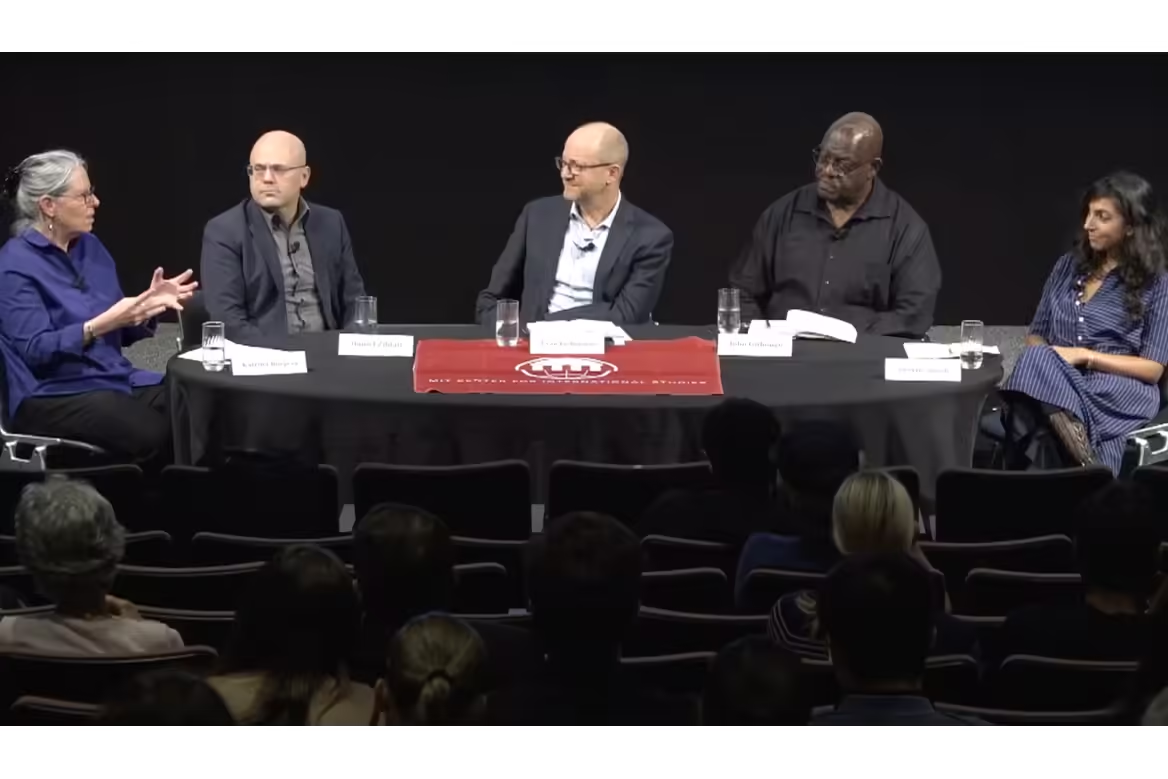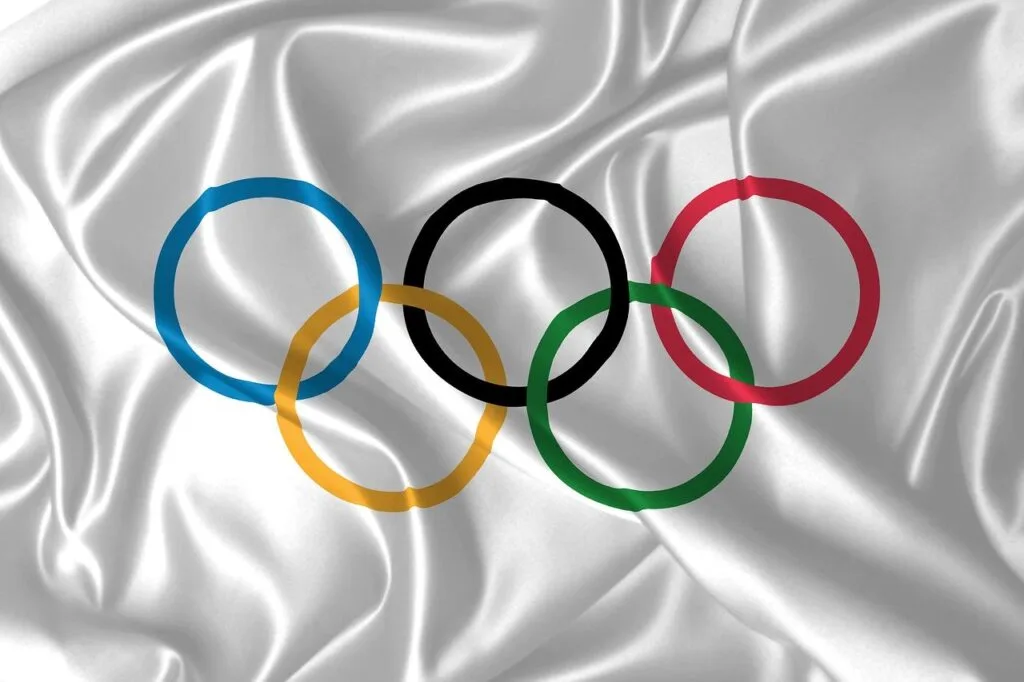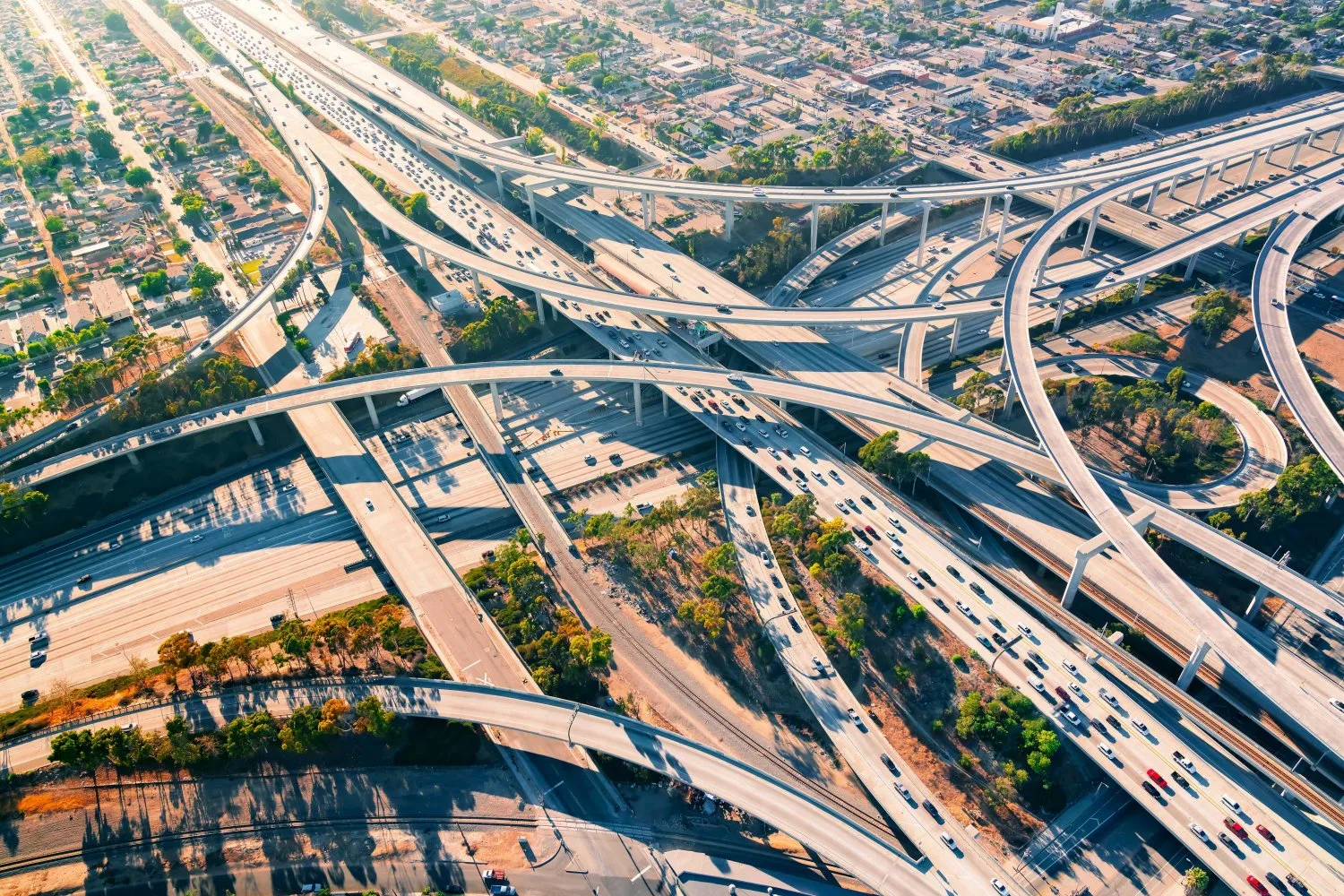The outcome of the 2024 U.S. presidential election is poised to have significant global ramifications. How do citizens and leaders from other parts of the world view this election? What are the stakes for their countries and regions?
These questions were at the heart of "The 2024 U.S. Presidential Election: The World is Watching," a Starr Forum event held earlier this month at MIT.
The Starr Forum is a series of public events organized by MIT’s Center for International Studies (CIS), focusing on major global issues. The event was moderated by Evan Lieberman, CIS director and professor of political science and contemporary Africa.
Experts in African, Asian, European, and Latin American politics gathered to share insights with each other and the audience.
Each expert provided informed commentary on their respective regions, contextualizing their observations within various frameworks, including the country’s governance style, residents’ perceptions of American democratic norms, and America’s standing in the eyes of these populations.
Global Perceptions of U.S. Politics
Katrina Burgess, a professor of political economy at Tufts University and director of the Henry J. Leir Institute for Migration and Human Security, explored the diverse political identities of the Latin American diaspora in the U.S. and their views on America’s relationship with their home countries.
"American democracy is no longer seen as a standard-bearer," Burgess stated. "While members of these communities see benefits in aligning with certain presidential candidates due to their stances on economic relations, immigration, and border security, others hold strong opinions on fossil fuels and increased access to sustainable energy solutions."
Prerna Singh, Mahatma Gandhi Professor of Political Science and International Studies at Brown University, discussed India’s status as the world’s largest democracy and described a country drifting away from democratic norms.
"Indian leaders do not engage with the press," she noted. "Indian leaders do not debate like Americans."
Singh highlighted India’s ethnic and linguistic diversity, noting that the country has elected several women to high government positions, unlike the U.S. She described a form of "exclusionary nationalism" that threatens to steer India away from democracy towards something resembling authoritarianism.
John Githongo, the Robert E. Wilhelm Fellow at CIS for 2024-25, shared insights on African countries’ perspectives on the 2024 election.
"The infrastructure of American soft power in Africa is collapsing," said Githongo, originally from Kenya. "Chinese investments in Africa are significantly increasing, and China is seen by many as an ideal political and economic partner."
Githongo noted that youth-led protests in Kenya have arisen in response to failed promised democratic reforms. He warned of a potential return to pre-Cold War conditions in Africa, emphasizing that the Biden administration is the first in a long time attempting to rebuild economic and political ties with African nations.
Daniel Ziblatt, Eaton Professor of Government at Harvard University and director of the Minda de Gunzburg Center for European Studies, described the shifting political winds in Europe that mirror the rising right-wing extremism and populist unrest seen in America.
"We are witnessing the rise of the radical, anti-democratic right in Europe, similar to changes observed in the U.S.," he noted. "Trump supporters in Germany, Poland, and Hungary are becoming more vocal."
Ziblatt acknowledged divisions in the historical transatlantic relationship between Europe and America as symptoms of broader challenges. Russia’s invasion of Ukraine, energy supply issues, and national security apparatuses dependent on American support could continue to have political repercussions, he added.
Does America Still Hold Global Influence?
Following their presentations, the speakers engaged in a conversation and answered audience questions. The panelists agreed that there is less global investment in the outcome of the U.S. elections than in previous ones.
Singh noted that, from the perspective of Indian media, India has bigger issues to tackle.
However, the panelists differed on the rise of political polarization and its connection to behaviors observed in American circles.
"This trend is global," Burgess asserted. "There is no causal relationship between American phenomena and perceptions in other countries."
"I think they learn from each other," Ziblatt countered when asked about extremist elements in America and Europe. "There is power in saying outrageous things."
Githongo suggested that a kind of "spillover" effect is at work in some African countries.
"Countries with right-wing governments see these trends moving towards organizations like evangelical Christians," he said. "Their influence reflects the rise of right-wing ideology in other African countries and America."
Singh compared the ongoing division of the American public to the caste system in India.
"I think caste plays a role in the Indian diaspora," she said. "Indian-American leaders in business and technology are generally from high castes." These leaders, she noted, wield disproportionate influence in their American communities and in India.



